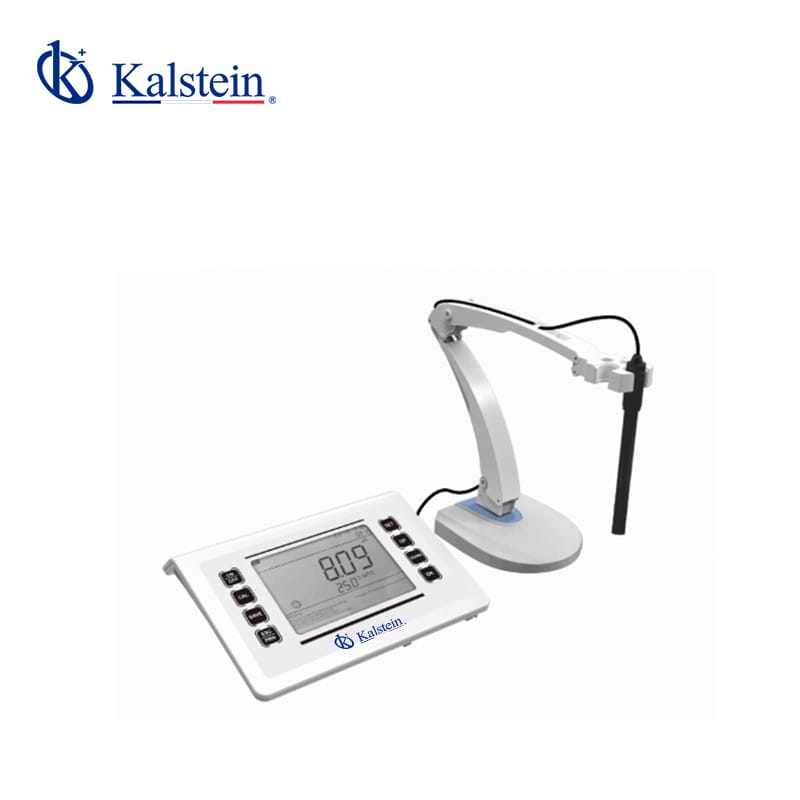pH meters are precision scientific instruments that determine the acidity or alkalinity of a liquid solution, crucial in countless industries. This article will provide a detailed breakdown of how such meters work and why their role is vital in various industries.
These instruments are critical tools for maintaining and monitoring quality in various industries. Through accurate pH measurement, manufacturers can ensure the safety and quality of their products, while public health officials can ensure water safety. Undoubtedly, these meters play an indispensable role in our daily lives.
How pH Meters Work
To begin with, let’s talk about how these indispensable instruments work. pH meters, whether they are portable, desktop or designed for field testing, operate on the same basic principle. First, you have the pH-sensitive glass electrode, which is a critical part. This electrode contains a special bulb that responds to the hydrogen ions present in the solution to be measured.
When the electrode is immersed in the solution to be analyzed, the hydrogen ions in the solution react to the sensitive glass in the bulb, generating a small electrical charge. This glass electrode combines with a reference electrode to generate a potential difference, which is proportional to the pH of the solution and can be measured electrically.
As a result, the acidity or alkalinity of a solution is accurately measured on a scale of 0 to 14, where 7 is neutral, lower numbers indicate acidity and higher numbers alkalinity.
Importance of pH Meters in the Food Industry
One of the sectors where pH meters play an essential role is the food industry. Here, pH control is crucial to ensure product safety and quality. A certain pH level can inhibit the growth of microorganisms that can cause foodborne illnesses, which is critical for long-life products.
In addition, pH significantly affects the texture, flavor and appearance of food. Thus, tight control of pH during production can contribute to the development of products with desirable organoleptic characteristics.
pH Meters in Water Treatments
Another sector that cannot be ignored when talking about the importance of pH meters is water management and treatment. In the field of public health, ensuring the cleanliness of water is vital and pH can indicate the presence of chemical contaminants.
In water treatment plants, pH is regularly measured and adjusted to prevent corrosion of pipes and the formation of mineral deposits. Also, in swimming pools, pH control is crucial to ensure the effectiveness of cleaning chemicals and provide a safe environment for swimmers.
What we offer you at Kalstein
Kalstein as a manufacturing company we make sure to cover all your needs and satisfy your laboratory requirements, we have the best price, sales consultants in any window of the world, know our YR series of laboratory ph meter HERE.
Some features of our equipment are: Automatic reading function detects and locks the end point of measurement. Automatic shut-off saves battery life. Setup menu allows you to set the pH buffer group, number of calibration points, resolution, stability criteria, date and time, etc. The Reset function automatically resets all settings to factory defaults. Extended memory stores or recalls up to 500 data sets.

